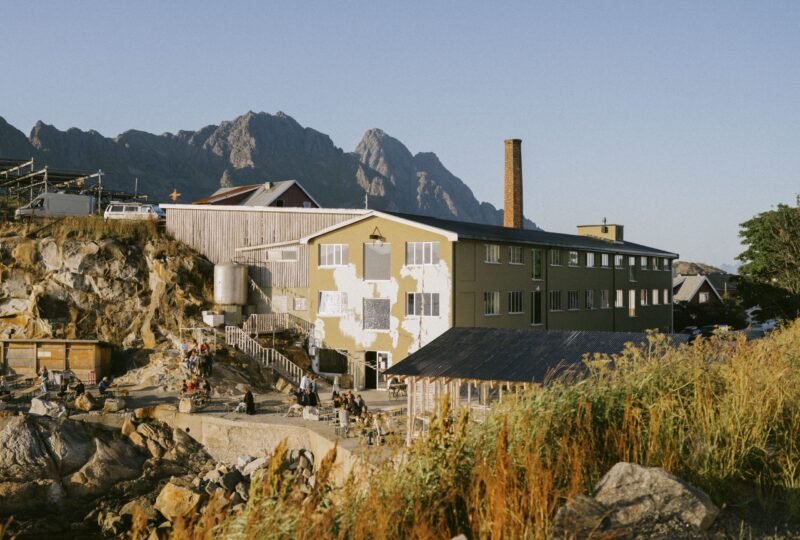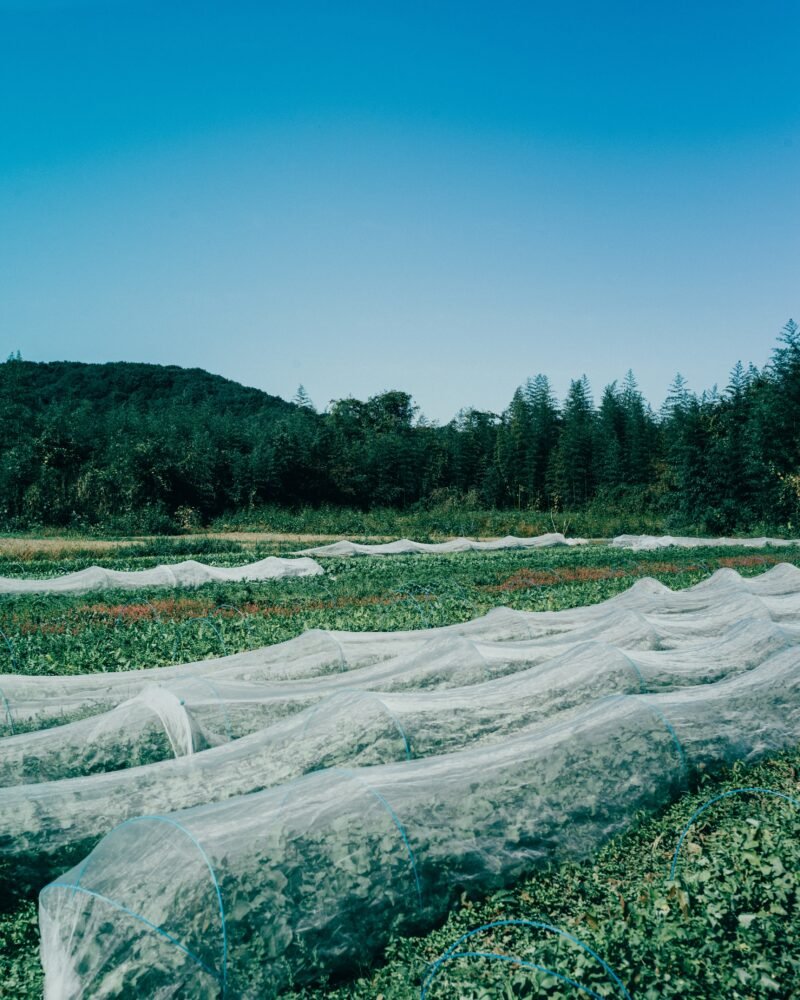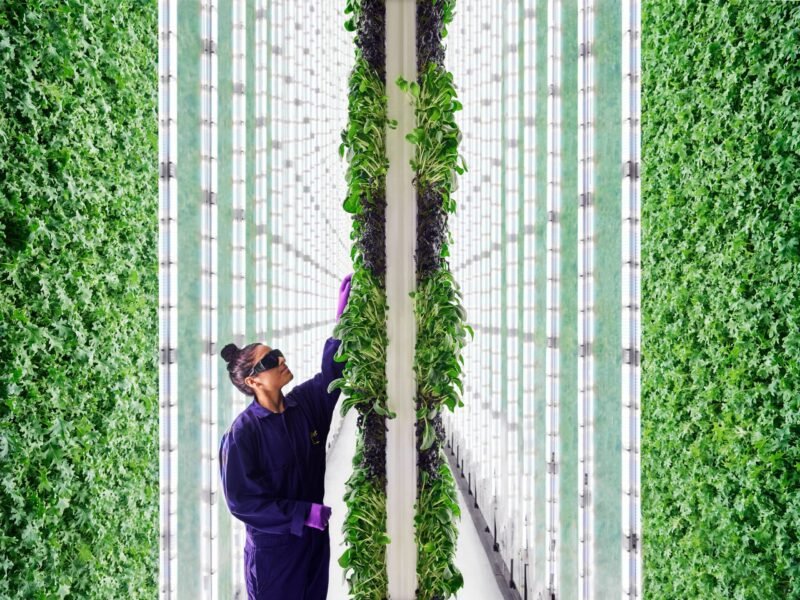Toshiba’s New Product: 1 Week Salad
I bet you wouldn’t guess what Toshiba’s newest product is if somebody popped you that question… it’s salad. Toshiba Corporation recently turned its former electronics factory into one of the world’s largest indoor farms.
Toshiba’s Yokosuka factory, a former semi-conductor manufactory, has been lying idle up until recently when the company decided to give it another run, but with a little twist — the factory is now producing lettuce, baby leaf greens, spinach, mizuna (Japanese mustard) and herbs on its almost 2,000 square meters of surface.

While the product itself is something totally new for the company, the production environment is not. Toshiba is reusing their Clean Room factory, formerly used to produce semi-conductors, to grow vegetables under almost aseptic conditions. The Clean room was already equipped with fluorescent lighting now optimized for vegetable growth, air-conditioning systems that maintains constant temperature and moisture level, remote monitoring systems that can track growth and sterilization system is now being used for packing materials. If you’re wondering what happened to the workers… well, the same workers that were producing semi-conductors got to keep their jobs and are now taking care of a new kind of crops, salads.

Vegetables grown in sealed conditions are minimally exposed to germs and to the damage they can do, therefore there is no need for pesticide use and they don’t have to be washed before eating. The way salads are grown extends their freshness and shelf life — a major concern for retailers of cut vegetables and salads. These particular salads can last up to one week in the refrigerator, which explains the brand name: 1 Week Salad.

The final touch of this thoughtfully grown product is its smart package design. Nendo “designed internal paper packaging that riffs on the ‘best by date’ sticker found on all food products. Each of the 31 days uses different colors and typefaces for the stand-up numbers so that the products’ shelf experience is fresh and constantly changing.” Numbers are big enough to instantly now if the salad is safe for consummation and it will spare you a lot of time when looking for the ‘best by date’.

Companies like Fujitsu Ltd. are taking the same path as Toshiba
Lettuce production in Japan is worth about €600 million a year, so Toshiba is not the only company taking a brainy step into the plant growing production. They figured out that building large-scale facilities can be profitable, so we have Mitsubishi producing artificial light-type growing system solutions, Panasonic Corp. that has modified a digital camera plant in order to grow salads and strawberries, and Fujitsu Ltd. taking the same path as Toshiba, converting former semiconductor factories. Will Japan be adding lettuce to its main exports list?



